Menu
Columns
Showing 3546 Columns
Showing 3546 Columns
July 17th, 2012
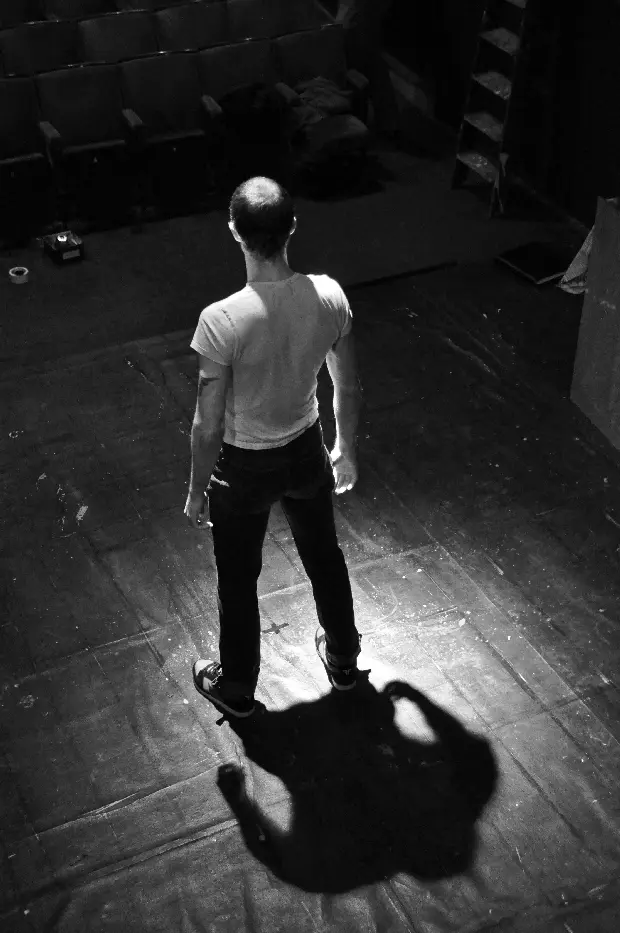
One of Stanislavski’s major contributions to acting theory was the concept not of “appearing” to be a character, but of “being” that character. In that regard, writing a short story or a novel may be even harder than acting, because in order to pull it off, you don't have to play just one role, you have to play all of them.
Read Column →July 17th, 2012
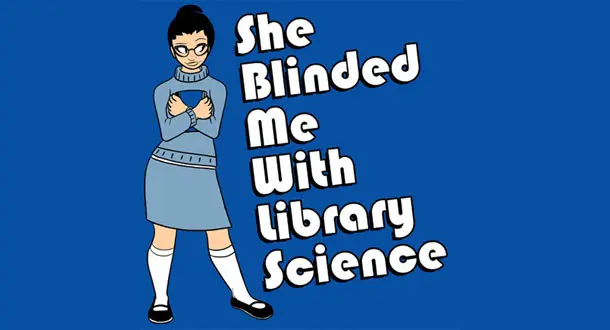
Forbes.com gave a tip o’ the nib to my field and advanced degree recently in its annual “Best and Worst Master's Degrees for Jobs” list.
Read Column →July 16th, 2012

At the time of this writing, it has been less than 24 hours since I watched the pilot episode of The Newsroom. Thanks to the miracle/atrocity that is the Internet, I was, of course, made painfully aware of the general reaction to the show well before I actually sat down and saw a frame of it.
Read Column →July 13th, 2012
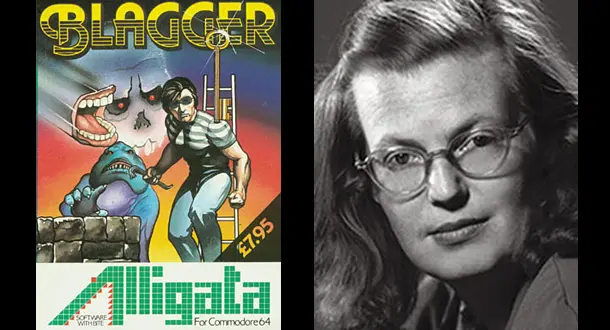
To blag (v): to sound like you know what you’re talking about when you don’t The Blagger’s Guide to Literature (n): an invaluable resource for those who wish to blag about books without actually reading them.
Read Column →July 13th, 2012
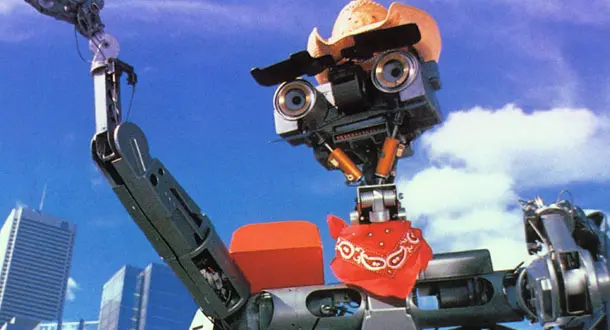
From honorable cyborgs to dastardly androids, Science Fiction is filled with synthetic beings of every sort. Robots give authors and readers a chance to contemplate deeper issues of self and consciousness - while still keeping rad options like laser cannons, super strength, and jet boots on the table.
Read Column →July 12th, 2012
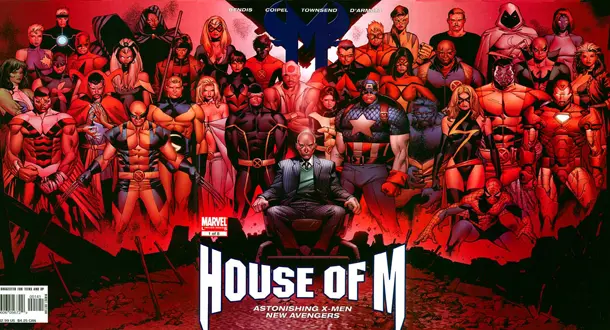
Continuity is quite simply the greatest storytelling device since the narrative poem. Even if you’ve never written a story or taken a lit class, you probably know about continuity. Cause precedes effect, action comes before reaction, and characters that die in chapter four do not suddenly appear alive and well in chapter six without a very good explanation. It allows our stories to mimic the flow of events in reality, thus making them more real for the reader. Continuity is part of the magic that allows us to believe stories that we know to be categorically false.
Read Column →July 12th, 2012

Books come out all the time, from major releases via The Big 6 to all those Kindle-only productions by authors that like to take things into their own hands. The industry is constantly buzzing about who just came out with what and how to get published. In this column though, we’re going to present the other side of the coin: what to do when you lose your publisher. Sometimes this can be rather unfortunate, but other times it’s a blessing in disguise. This is a personal tale in need of some set-up, so let’s begin at the beginning.
Read Column →July 11th, 2012

I’m a big movie fan. One of my favorite things about film is its ability to win an audience’s trust so easily. As a storytelling authority it seems the celluloid image has a propensity to pull viewers under its “spell” much quicker than the written word. There’s something about our visual faculties that allows us to surrender seamlessly once something has managed to “trick” the human eye into believing images on a screen are objects inhabiting space.
Read Column →July 11th, 2012
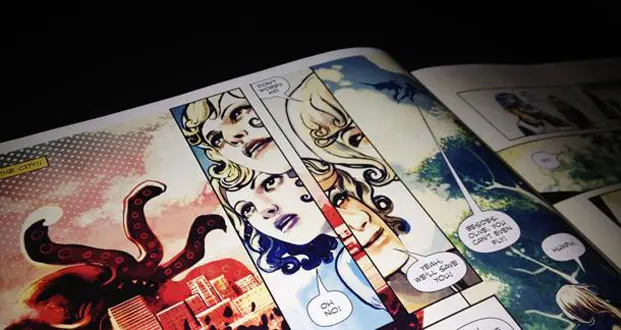
Don't Write Comics is a multi-part essay about writing comics, understanding what your options are, finding the right artist, and everything you need to do to get a strong comic book pitch package together. So, against all my advice last time, you’re still planning to write a comic book series, huh? And you’ve done all your research as detailed in Part I, right?
Read Column →Submitting your manuscript?
Professional editors help your manuscript stand out for the right reasons.
